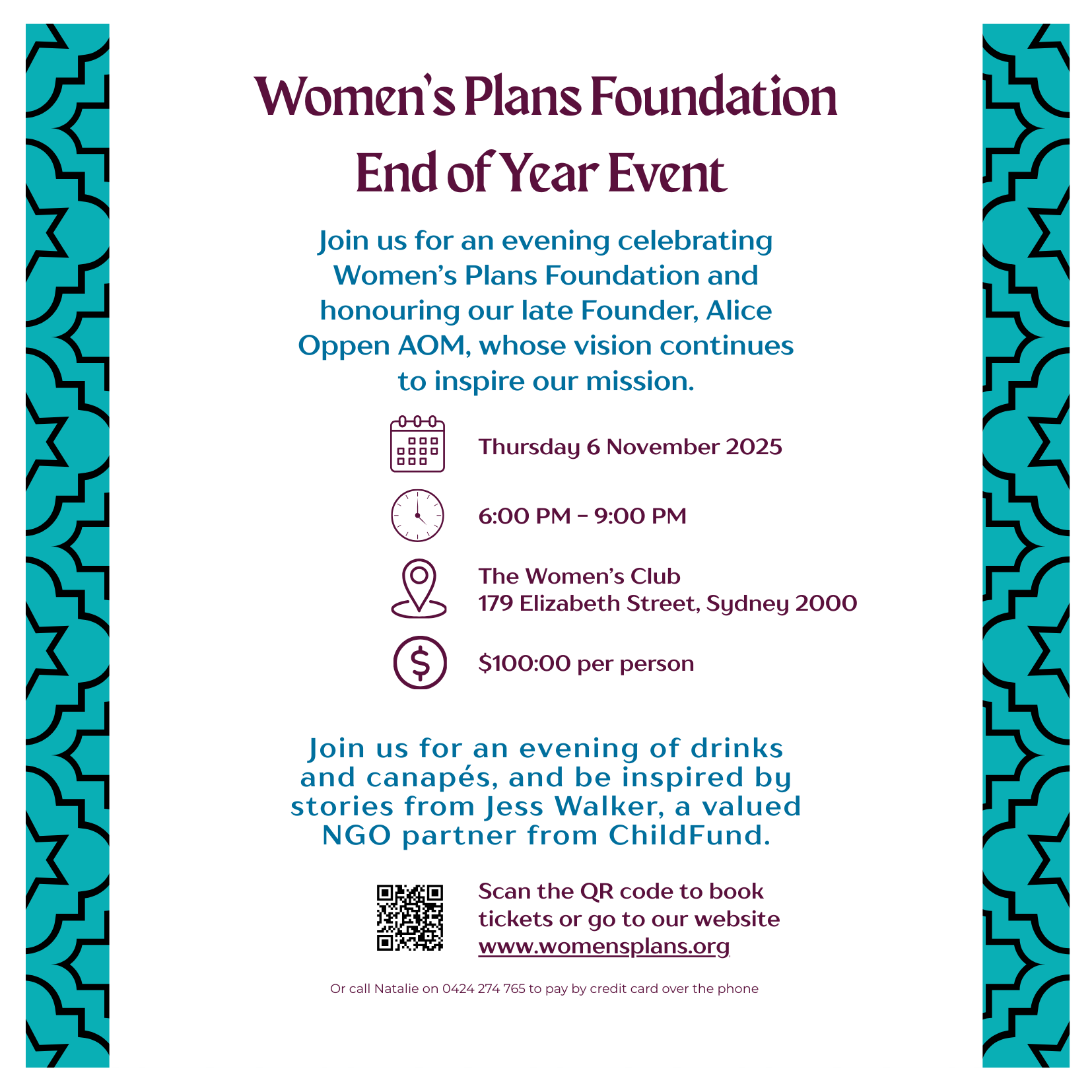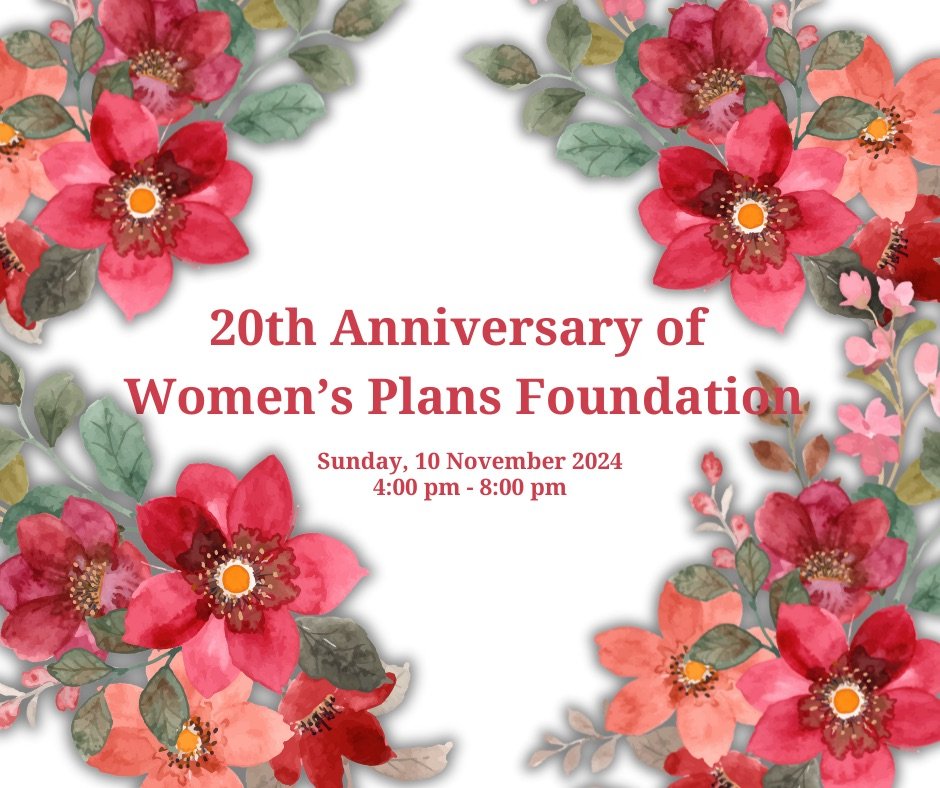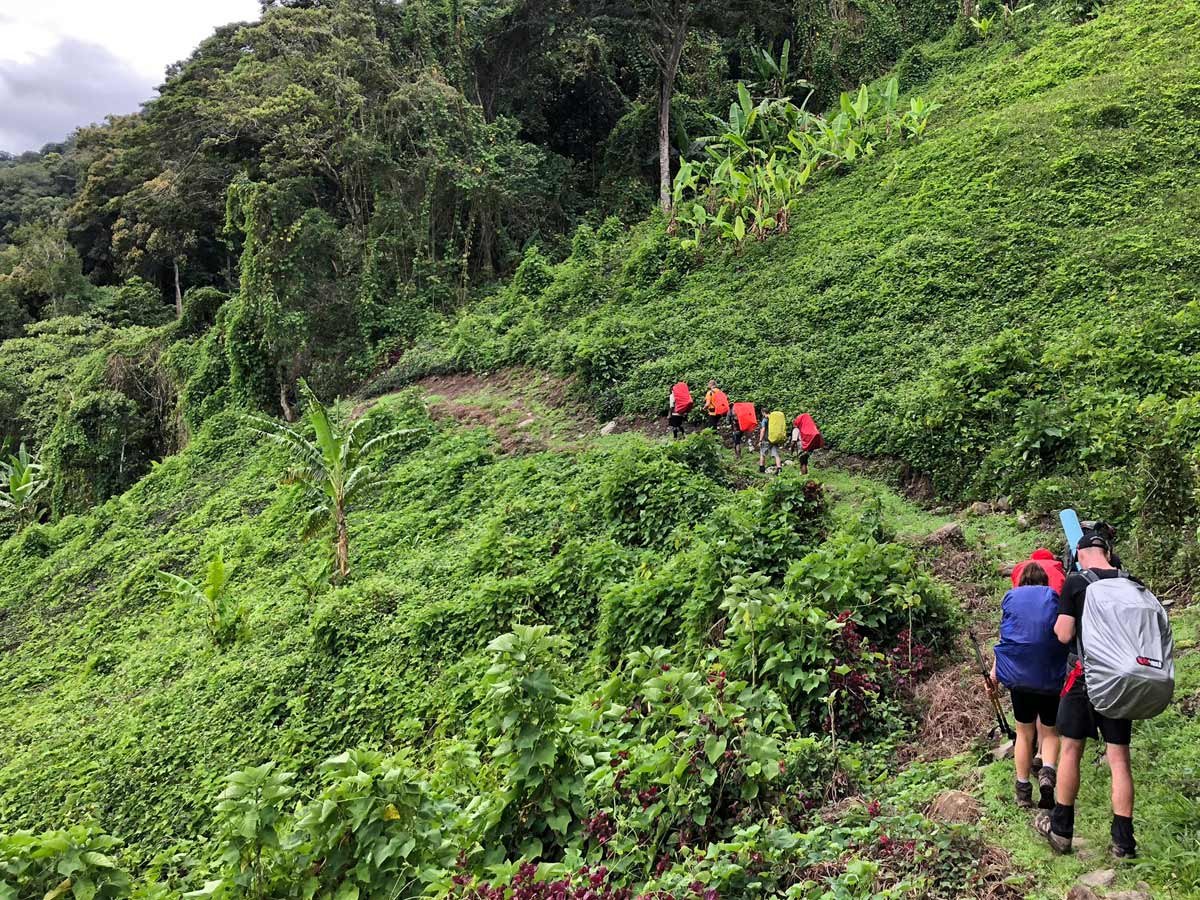
Events
Events are one of the important ways we strive to raise funds for our projects. Our events bring together thought leaders, activists, our NGO partners and communities to forge a path towards accessible family planning. Engage with us in upcoming events and reflect on the achievements that have marked our journey.

End of Year Celebrations
Join us for an evening of drinks and canapés. Whilst listening to stories from our NGO partners.
It's the perfect occasion to bring along your friends and family and celebrate together!

20th Anniversary Raffle
Celebrate 20 years of impact with us! This raffle supports our mission to empower women and expand access to family planning in the Asia Pacific.
Prize is Solitude II sculpture by artists Ulan and Rachel. Valued at $7,500.
Tickets: $50 each, with a maximum of 100 tickets sold.
RAFFLE WILL BE DRAWN ON 20 NOVEMBER 2024 OR UNTIL ALL TICKETS ARE SOLD.

20TH ANNIVERSARY OF WPF
Join us for an afternoon of entertainment, featuring a special performance by our talented Ambassador, singer Hester Fraser. Enjoy WPF canapés, cocktails, bubbles, and wine as we celebrate 20 years of Women's Plans Foundation.
It's the perfect occasion to bring along your friends and family and celebrate together!

Sip, Surf & Celebrate
Celebrate the launch of WPF's new website with an evening of wine and cheese.

COME CELEBRATE WITH WPF
Join us for an evening of wine, bubbles, and canapés as we celebrate the new directors of WPF and raise funds.

Bridge & Conversation Day
Enjoy a day of Bridge and meaningful conversation, with a two-course lunch and wine provided.

Virtual Trek for Contraception
Join our virtual trek to support contraception and reproductive health in PNG. Walk, run, or cycle any distance.

